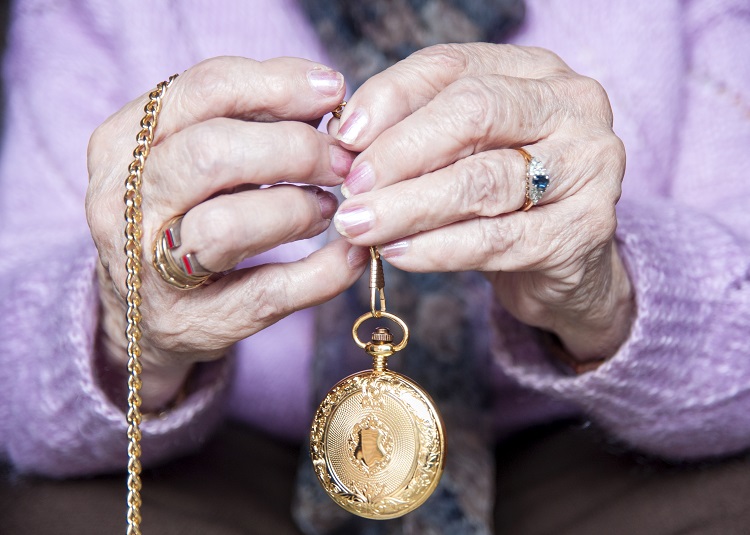
Despite widespread obesity and unhealthy lifestyles, more people today live to 100 years of age or longer than ever before in recorded history. Medical advancements, health awareness and other factors play a large roll in this trend, but which countries have the most people over 100?
According to the most recent statistics available, the largest number of centenarians live in the United States. There are reportedly 72,000 people 100 or older, representing approximately 0.022% of the population. This is partly due to the country’s large population and great wealth. Projections by the Census Bureau estimate this number could rise to 1.1 million by 2050.
The number of centenarians is expected to rise all over the world. Number of people currently 100 or older:
A study lead by Dr. Catherine Evans found that when these people do die, the cause of death is usually listed as “old age” rather than a chronic disease. This study, recently published in PLOS Medicine, revealed that most centenarians die from general frailty or pneumonia. People with chronic illnesses are more likely to die in their 80s or 90s.
Since the elderly are often frail and in need of extra care, Dr. Ronald D. Adelman, the medical director of the Weill Cornell Wright Center on Aging, says the study is an important tool to understand a population that is often overlooked.
Adelman explains, “When you look at centenarians, that really is an expanding group, and the important thing is to get their advance directives, to make sure these people express how they want to be treated in their later years, so they can live a better quality of life and be more comfortable. Where do they want to live, how do they want to live and what’s best for them?”
All signs indicate that people born after the year 2000 have a very good chance of reaching 100. That’s more than 20 years longer than the current life expectancy. However, clinical associate professor of medicine at Stanford University, Walter Bortz II, MD, says that our bad habits are the only thing holding the rest of us back from achieving that goal.
Because of advances in medical technology and an increase in health awareness, 65 is no longer considered old. Dr. Adelman notes, “Ten thousand Americans are turning 65 every day. There are 77 million baby boomers, who were born between 1946 and 1964. They are more educated, they have the best health literacy than prior generations, they exercise, they eat right and they are living longer, healthier lives.”
Scientists and medical professionals say genetics and luck can also play roles in longevity, but of course, these are things you can’t control. To increase your chances of becoming a centenarian, you should focus on the things you can control, such as:
Stress has been linked to a wide array of illnesses, that is why the experts all agree that cutting down on your stress is one of the best ways to live a long and healthy life. Tips to reduce stress include get a hobby and take a vacation. A hobby can add an extra two years to your life because you reduce stress and are filled with a sense of sense of accomplishment. A relaxing vacation lets you leave your stress and worries behind and just have a good time.
Dr. Alex Zhavoronkov is determined to live to the age of 150. His tips for a long life include frequent health check ups, regular exercise, plenty of vitamin supplements and probiotics.
LSM Founder, Lorne Marr is a lifelong Fitness Enthusiast. This enthusiasm led to the founding of www.FitAfter45.ca, a complete guide to health and fitness for adults of all ages. His three top tips for longevity: